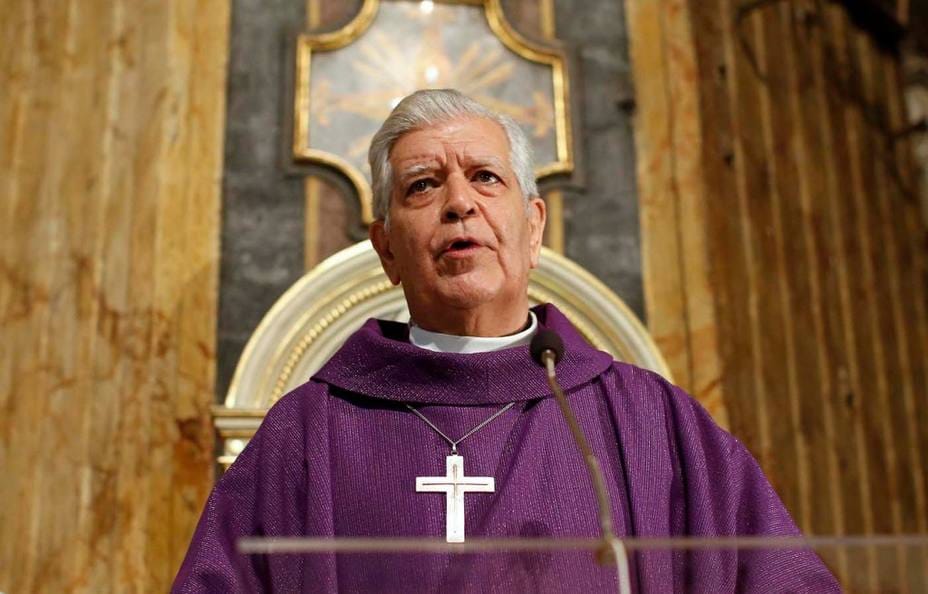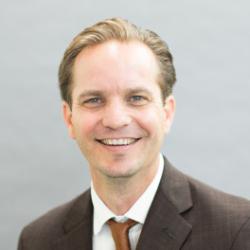On Sept. 24, the Archdiocese of Caracas announced the passing Cardinal Jorge Urosa Savino of Venezuela. The Sept. 24 press release stated he was “one of the most influential people” in a majority Roman Catholic nation ravished by a Marxist political economy, widespread military corruption, and abject poverty.
In a video statement, Cardinal Baltazar Porras, president of the Venezuelan Bishops’ Conference, said the death of Cardinal Urosa “has caused mourning for Venezuela and the universal Church.”
The cardinal had just turned 79 in late August when he was hospitalized with pulmonary complications from COVID-19. On his birthday, Aug. 28, he penned a farewell letter to be released to the faithful if his worsening health became critical. It was finally released a few days before his passing. In the missive, he explained his freedom fighting as such:
“I want to express my great affection for the Venezuelan people and my absolute dedication to their freedom, to their institutions, to defending the rights of the people in the midst of outrages committed by our national government. It is with this attitude that I have acted: not out of hatred, nor out of resentment, but in defense of freedom, justice and the rights of the Venezuelan people. It is my hope Venezuela will rise out of this terrible situation.”
Urosa had already retired as archbishop of Caracas four years ago. Yet, even after being officially relieved of the lion’s share of episcopal duties, the 79-year-old senior prelate continued to roar insistently against President Nicolás Maduro’s cruel socialist regime.
“In the name of God, stop the repression!” Urosa famously exclaimed with righteous indignity after hearing demonstrators had been brutalized and shot when protesting the country’s Constituent Assembly in 2017. The assembly’s convocation was meant to solidify Maduro’s virtual total authority over the people, their economy, and what was left of Venezuela’s feeble institutions of democracy. “There are citizens who were murdered and wounded by Venezuelan military personnel and, presumably, by armed forces that act illegally and criminally. This is totally intolerable and cries out to heaven.”
As usual, Urosa took no prisoners, concluding with this harsh verdict: “With these results, the Constituent Assembly cannot be erected with the superpower to repeal the State and the Constitution of 1999. It is an illegitimate process with a comically absurd foundation that detracts from the electoral power of citizens. You cannot impose a fraudulent and illegitimate and totally invalid instrument when the people did not vote [for it].”
There were many other instances in which Urosa spared no words in fighting for his people’s freedom and path back to prosperity. Venezuela, once the richest nation in South America, now ranks at the very bottom of its region, with a per capita GDP of $3,374. An astounding 94% of its population is currently living in poverty, while inflation rates spike well over 5000%.
Urosa was considered a “hero” among his brother bishops and the Christian faithful. Upon witnessing the endless shuttering of businesses and empty shelves of those that barely stayed open, he pled to the Pontifical Foundation Aid to the Church in Need to be attentive to basic staples that had become absolutely unaffordable: “A kilo of milk powder costs more than the average monthly salary. How can the Venezuelan mothers [even] feed their children?”
At that time, in 2018, malnourishment among Venezuelan children had climbed to 13% and skyrocketed to over 26% during the COVID-19 pandemic, while adult gross undernourishment levels reached 21%.
Urosa did much more than bemoan the future of his beloved Venezuela and lash out against those whom he held responsible for its tragic downfall. He was known to have always supported the next generation of Christian business leaders and entrepreneurs. Adriana Montiel, a former Acton Institute Centesimus Annus Fellow from Caracas, remembered how Urosa enthusiastically supported her business school at Andrés Bello Catholic University. “When Urosa served as grand chancellor to our university,” Montiel said, “I had the honor of knowing him personally, and he came [to] our commencement. We were the very first graduating class in Puerto Ordaz. He stood firm behind this nascent business school project and our city.”
Montiel continued: “Cardinal Jorge Urosa was crystal clear about the importance of a free society, economic flourishing, and a nation where all human rights were well respected. He was always very aware that this change began with us young people. He played a part in shaping both our souls and hearts for business during our time at university.”
Urosa was equally dedicated to young seminarians studying for the priesthood. Another Acton fellow, Fr. Alberto Marquez, who was recently appointed rector of the Archdiocese of Valencia Seminary, recalled receiving fatherly support from the cardinal. When he was a seminarian, Urosa was Marquez’s archbishop. He said Urosa “often drove over to our seminary and asked the rector to ‘send one of the men with him for a day of mentoring.’” Marquez said he “would drive us around to whatever official duties he had that day and ask questions like, ‘What are four necessary parts of a sermon?’ and tell them to ‘keep well-groomed and dress well; if a button falls off, then sew it back on straight way!’” He said Urosa, known for his dapper dress and elegantly fluent English, advised his priests to look after their appearance. Despite today’s extreme poverty levels in Venezuela, he said it was a priest’s duty to “always look dignified, because you represent the richness of faith, the Kingdom of Christ.”
Even though Cardinal Urosa lost his final battle against a disease that only further crippled his nation, he leaves behind a generation he inspired to fight the good fight until the very end. No doubt they will carry on his work and see his vision through to completion: a Venezuela that is once again ruled under God and that enjoys peace, freedom, and prosperity.

